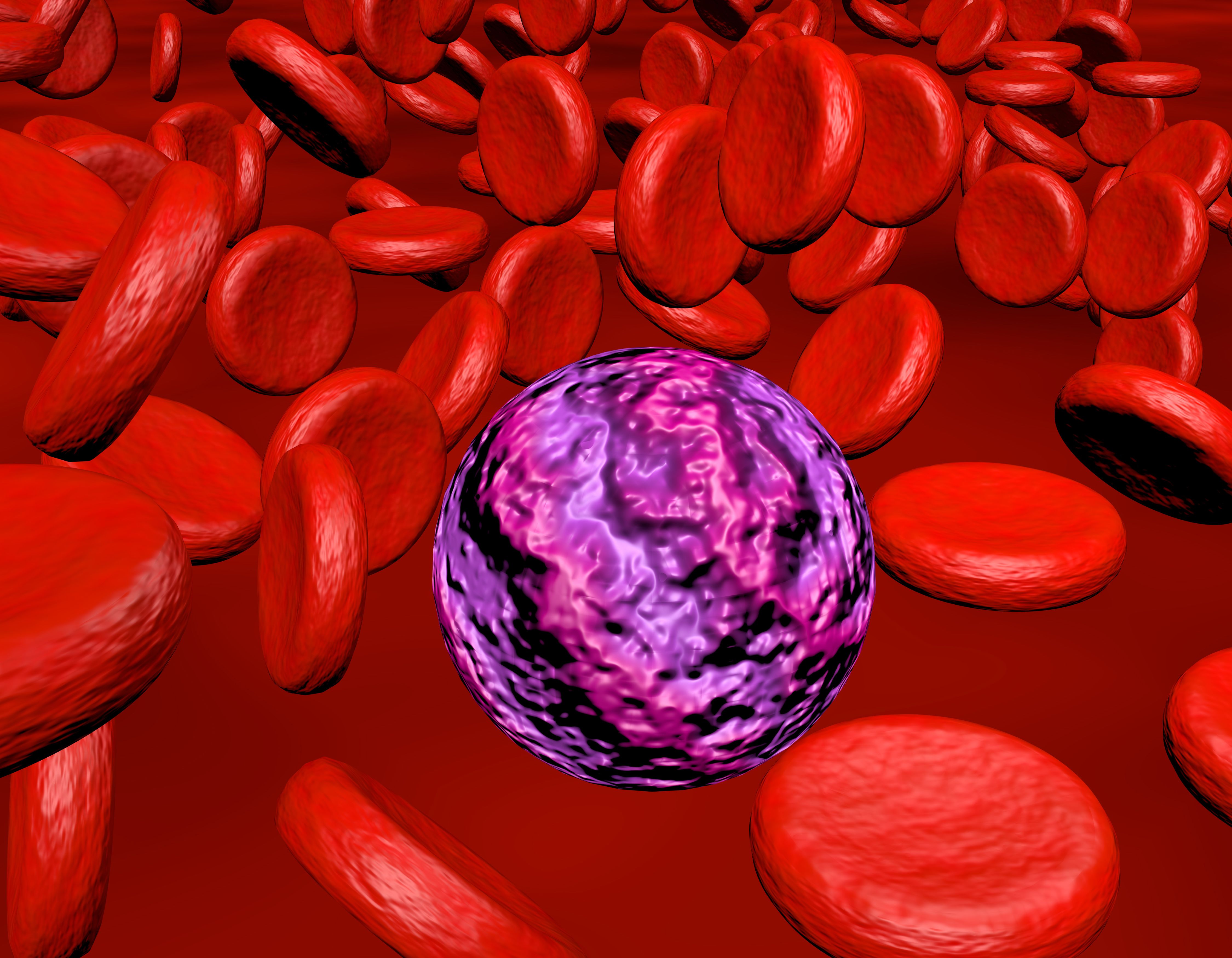FDA Extends Review of Quizartinib in FLT3-ITD+ Acute Myeloid Leukemia
The FDA extends the Prescription Drug User Fee Act date to July 24, 2023 for quizartinib in the management of newly diagnosed FLT3-ITD mutation–positive acute myeloid leukemia.
The FDA has extended the review period for a new drug application (NDA) for quizartinib plus standard cytarabine and anthracycline induction and cytarabine consolidation therapy and as continuation monotherapy after consolidation for treating those with newly diagnosed acute myeloid leukemia (AML) harboring a FLT3-ITD–positive mutation, according to a press release from Daiichi Sankyo.1
The FDA originally granted priority review to a new drug application for quizartinib in October 2022.

The Prescription Drug User Fee Act date for quizartinib in this indication has been moved to July 24, 2023 to give the agency additional time to review requested updates to the proposed Risk Evaluation and Mitigation Strategies highlighted in the application. The agency did not request any new efficacy or safety data.
The FDA originally granted priority review to the NDA for quizartinib as treatment for FLT3-ITD–mutated AML in October 2022.2
Supporting data for the NDA came from the phase 3 QuANTUM-First trial (NCT02668653), in which investigators compared the efficacy of quizartinib plus chemotherapy with chemotherapy alone in patients with FLT3-ITD–positive AML. Findings presented at the 2022 European Hematology Association Congress indicated that the median overall survival (OS) was 31.9 months (95% CI, 21.0-not estimable [NE]) in the quizartinib arm vs 15.1 months (95% CI, 13.2-26.2) in the placebo arm.3
The safety profile of quizartinib plus chemotherapy in the QuANTUM-First trial was generally manageable and produced no new signals. Investigators managed the risk of QT prolongation in patients with electrocardiogram monitoring, dose modification of quizartinib, and correction and elimination of additional risk factors.
“We are continuing to work with the FDA to facilitate completion of their review of the quizartinib new drug application in order to bring this important medicine to patients as soon as possible,” Mark Rutstein, MD, global head of Oncology Clinical Development at Daiichi Sankyo, said in the press release. “Quizartinib was shown to improve [OS] when added to standard chemotherapy and continued as monotherapy and has potential to change the standard of care for patients with newly diagnosed FLT3-ITD-positive AML.”
Investigators of the randomized, double-blind, placebo-controlled phase 3 QuANTUM-First trial randomly assigned patients 1:1 to one of 2 treatment arms. In the experimental arm (n =268), patients received induction for up to 2 cycles of chemotherapy plus quizartinib, consolidation for up to 4 cycles followed by quizartinib and/or hematopoietic stem cell transplant, and up to 36 cycles of additional active therapy. In the control arm (n = 271), patients received matched placebo with the same chemotherapy regimen.
The primary end point of the trial was OS. Secondary end points included event-free survival, rate of complete remission (CR), CR composite rate at the end of induction, safety, and pharmacokinetics.
Patients 18 to 75 years of age with newly diagnosed primary or secondary AML and presence of FLT3-ITD mutations in bone marrow were eligible for enrollment on the trial. Additional inclusion criteria included having an ECOG performance status of 0 to 2 and adequate renal and hepatic function.
Patients who had a diagnosis of AML secondary to prior chemotherapy or radiotherapy for other neoplasms or prior treatment for AML were not able to enroll on the trial. Patients were also unsuitable for enrollment if they had received prior treatment with quizartinib, a history of known central nervous system metastases, or uncontrolled or significant cardiovascular disease.
References
- Quizartinib NDA review for patients with newly diagnosed FLT3-ITD positive AML extended by FDA. News release. April 20, 2023. Accessed April 21, 2023. yhoo.it/3UWDtVQ
- Quizartinib granted priority review in the U.S for patients with newly diagnosed FLT3-ITD positive acute myeloid leukemia. News release. Daiichi Sankyo. October 24, 2022. Accessed April 21, 2023. https://bit.ly/3N2RPQs
- Erba H, Montesinos P, Vrhovac R, et al. Quizartinib prolongs survival vs placebo plus intensive induction and consolidation therapy followed by single-agent continuation in patients aged 18-75 years with newly diagnosed FLT3-ITD+ AML. Presented at: 2022 EHA Congress; June 9-12, 2022; Vienna, Austria. Abstract S100.